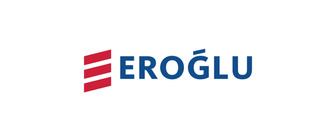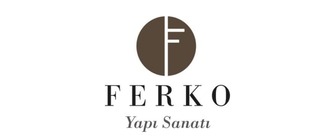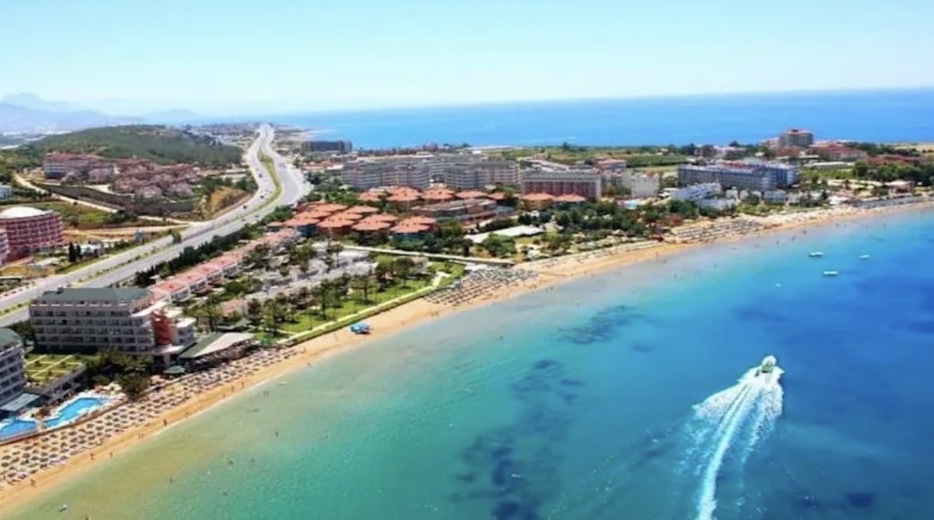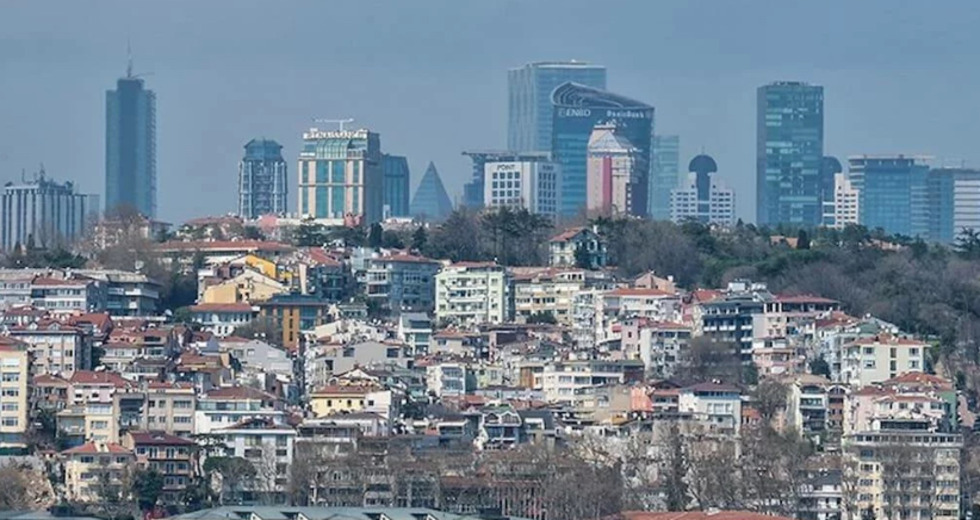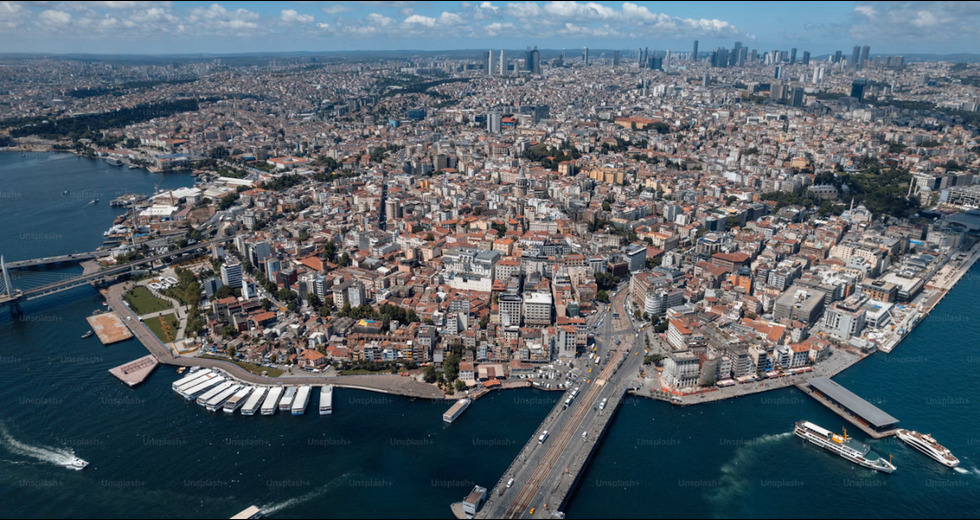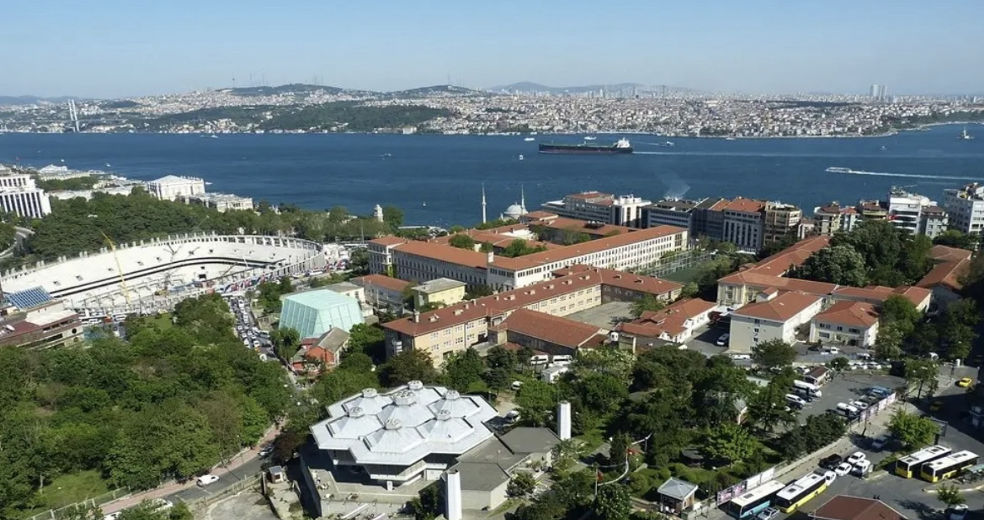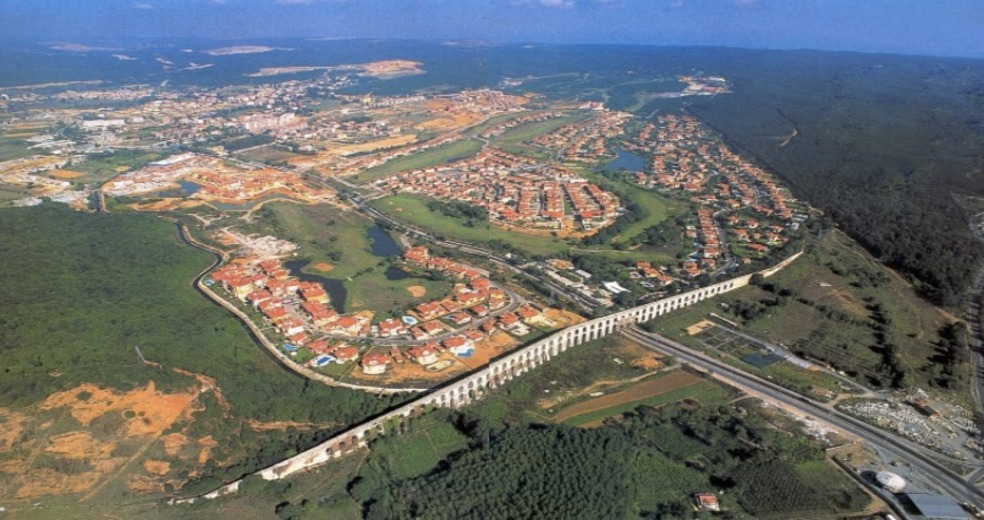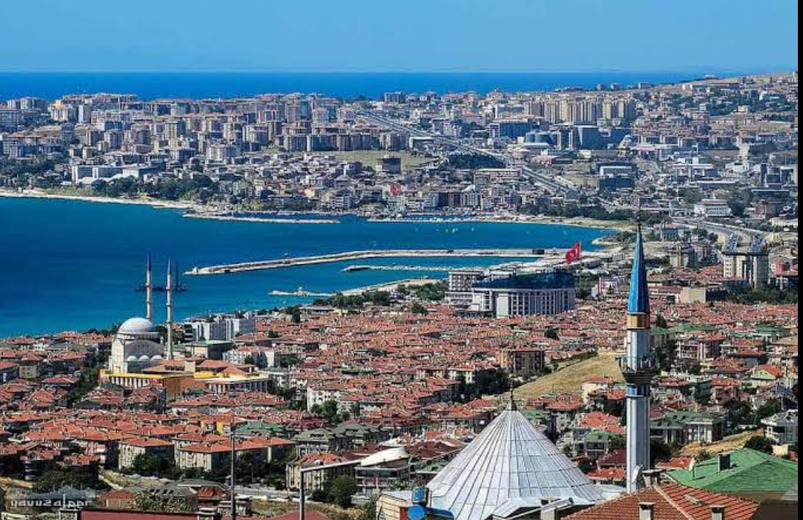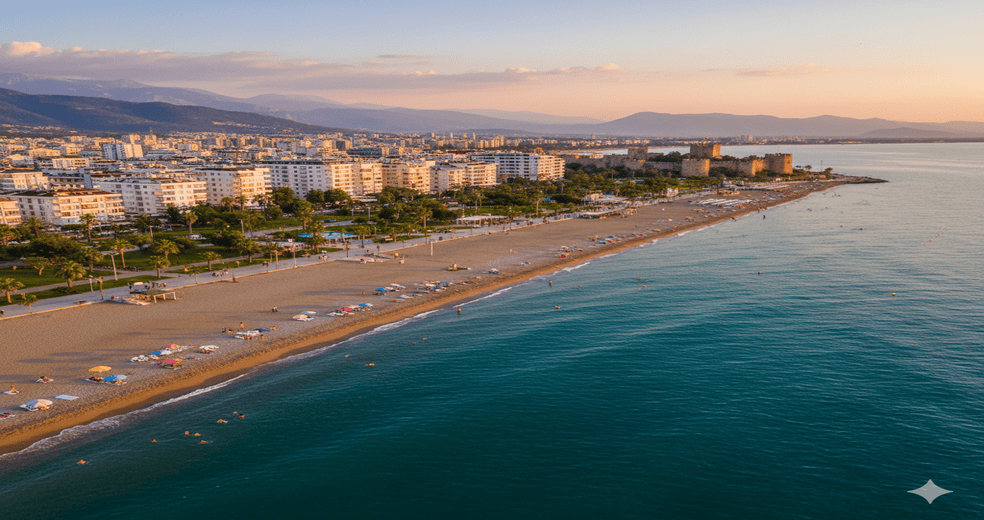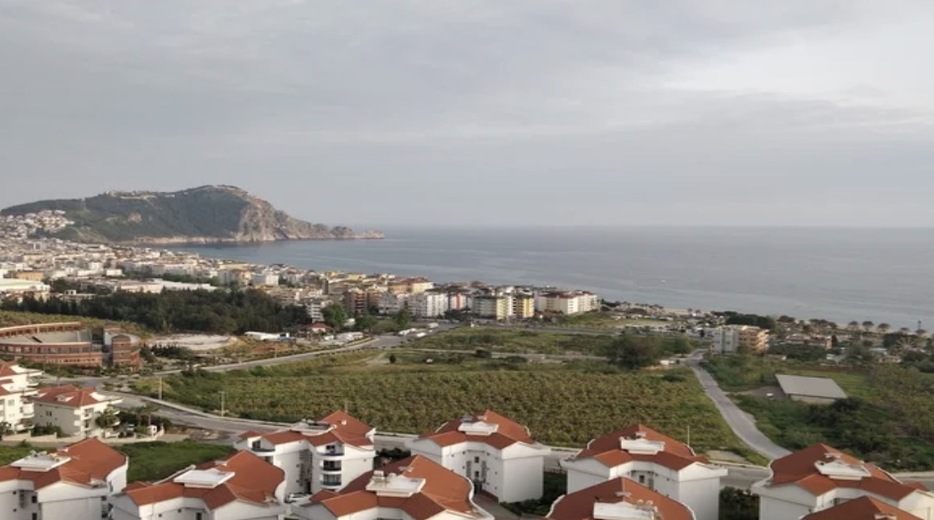Analysis: Record $50 Billion Tourism Injection Fuels Real Estate Resilience

Türkiye’s economy has reached a new pinnacle of resilience, with its tourism revenues surging to an all-time high of over $50 billion in the first nine months of the year, marking a robust 5.7% year-on-year increase. This record performance is far more than a seasonal success; it represents a powerful, sustained injection of hard currency directly stabilizing the national economy.
Culture and Tourism Minister Mehmet Nuri Ersoy confirmed the sector is not merely meeting expectations but exceeding them, confidently affirming that the $64 billion year-end revenue target is firmly in sight.
The Direct Impact on Real Estate Investment
This massive influx of revenue has profound implications for the Turkish real estate sector, cementing property as a prime hedge against economic volatility:
- Macroeconomic Stability: Tourism is a critical component of GDP and the primary tool for flipping the chronic current account deficit to a surplus. A $50 billion performance provides significant currency stability, which in turn underpins the value and security of property holdings.
- High-Yield Rental Demand: The sector welcomed nearly 50 million total arrivals, with average nightly expenditure per visitor soaring by 9% to $116. This surge in high-value visitors directly inflates demand for short-term rentals (AirBnB/daily) and boutique hotel conversions, driving up rental yields in primary coastal and cultural hubs like Istanbul and the Aegean/Mediterranean coasts.
- Confidence & Long-Term Value: The government's successful strategy of maximizing visitor spending and extending the season provides long-term confidence. For real estate entrepreneurs and investors, this proven sectoral resilience validates the decision to hold assets in key tourist regions, ensuring that properties remain a dependable, highly liquid store of value.





